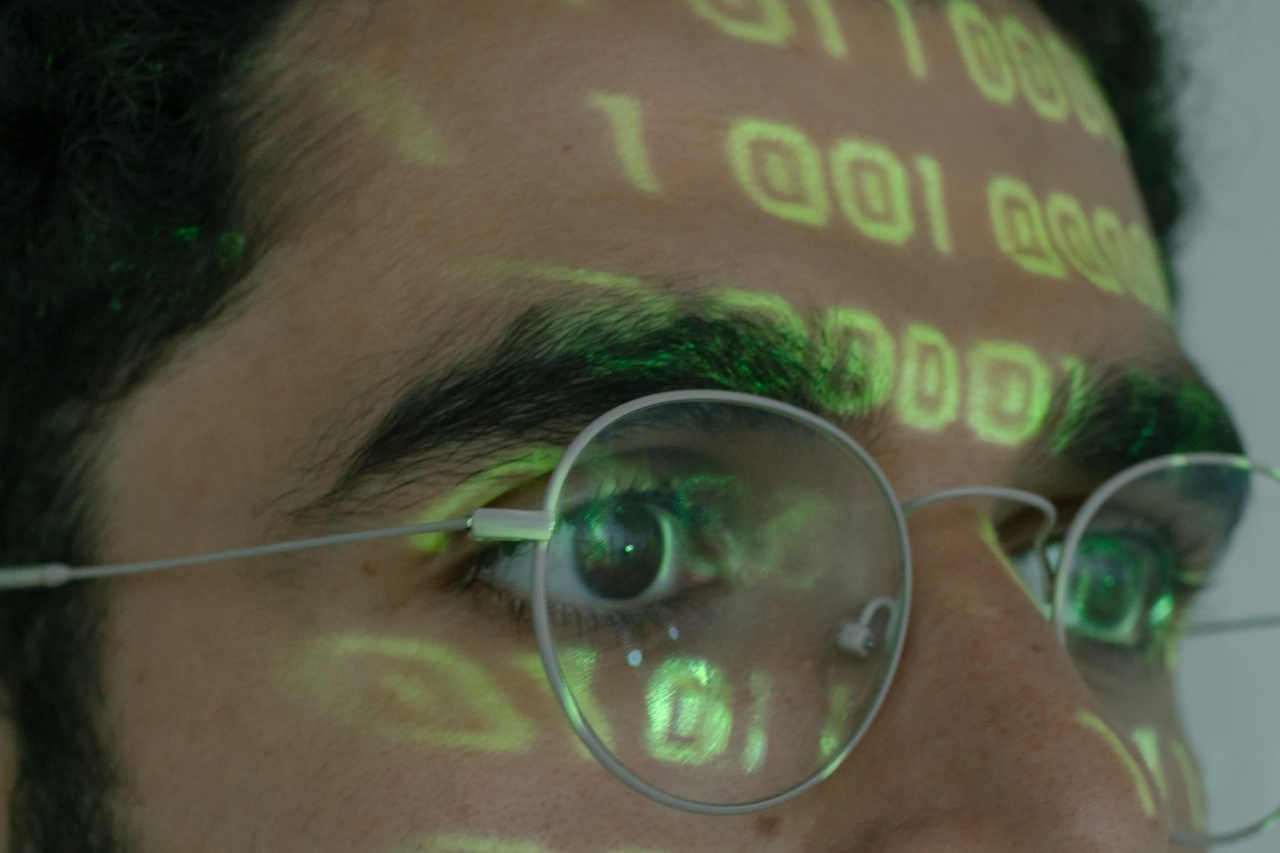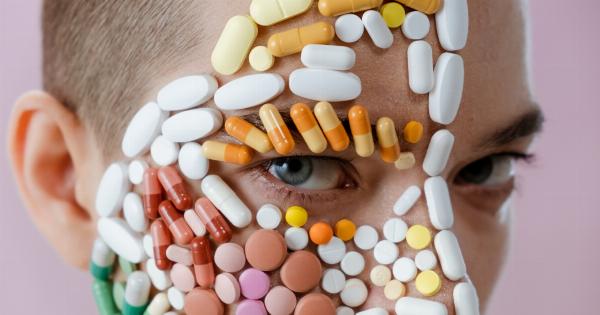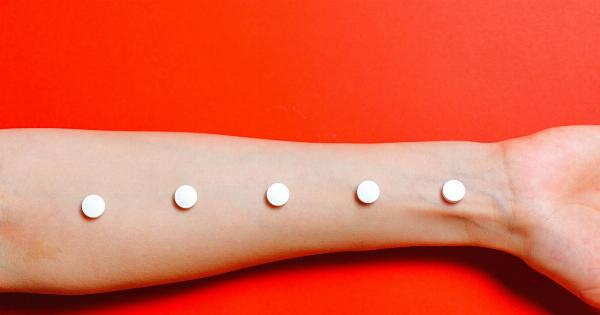Eye blushing, also known as eye redness or conjunctivitis, is a common condition that occurs when the white part of your eye turns red or pink.
Eye redness can be caused by many factors, including environmental irritants, allergies, infections, and even stress. In this article, we will explore the science behind eye blushing, the causes, and remedies that can help to alleviate symptoms.
Causes of Eye Blushing
The following are the main causes of eye blushing:.
Allergies
Allergies can cause eye blushing due to the release of histamines. Histamines are chemicals released by the immune system in response to an allergen. They cause inflammation, redness, and itching. Common allergens include dust, pollen, and pet dander.
Infections
Infections can cause eye blushing. Bacterial and viral infections can affect the eye and cause redness, swelling, and itching. Some common eye infections include conjunctivitis, keratitis, and stye.
Environmental Irritants
Environmental irritants such as pollution, smoke, and chemicals in the air can cause eye blushing. The eyes may become red, irritated, and watery. These irritants can also cause dryness and discomfort in the eyes.
Injuries
Injuries to the eye can cause redness. This can include scratches, trauma, or foreign objects in the eye. Injuries to the eye should be treated by a medical professional.
Stress
Stress can cause eye blushing due to the release of stress hormones such as adrenaline and cortisol. These hormones can cause blood vessels in the eye to dilate, leading to redness.
Remedies for Eye Blushing
Eye blushing can be uncomfortable and can also affect your vision. The following remedies can help to ease symptoms:.
Artificial Tears
Artificial tears can help to moisturize the eyes and relieve dryness. They can also help to remove irritants from the eyes. Artificial tears can be purchased over-the-counter at most drugstores.
Cool Compresses
Cool compresses can help to reduce inflammation and relieve redness. A cool compress can be made by soaking a clean cloth in cool water and placing it over the eyes for a few minutes.
Allergy Medication
Allergy medication can help to alleviate symptoms caused by allergens. Antihistamines can help to reduce the release of histamines, which can help to reduce eye redness and itching. Nasal decongestants can also help to reduce swelling around the eyes.
Antibiotics
If the eye redness is caused by a bacterial infection, antibiotics may be prescribed by a medical professional. Antibiotics can help to clear up the infection and reduce inflammation.
Eye Drops
Eye drops may be prescribed by a medical professional to help reduce eye redness and inflammation. Some eye drops contain anti-inflammatory medications that can help to reduce swelling and redness.
Preventing Eye Blushing
The following measures can help to prevent eye blushing:.
Avoiding Allergens
Avoiding allergens such as dust, pollen, and pet dander can help to prevent eye redness caused by allergies. If you are allergic to an animal, avoid contact with that animal or consider finding a new home for the animal.
Cleaning The Eyes
Cleaning the eyes regularly can help to remove irritants and prevent infections. Use a clean cloth or tissue to gently wipe the eyes.
Wearing Protective Eyewear
If you work in a profession that requires eye protection, such as construction or woodworking, make sure to wear the appropriate protective eyewear. This can help to prevent injuries to the eyes.
Taking Breaks
If you work in front of a computer screen or other digital device for long periods, take regular breaks to rest your eyes. This can help to prevent eyestrain and reduce the risk of eye blushing.






























